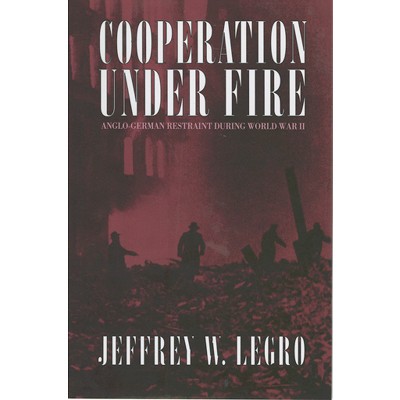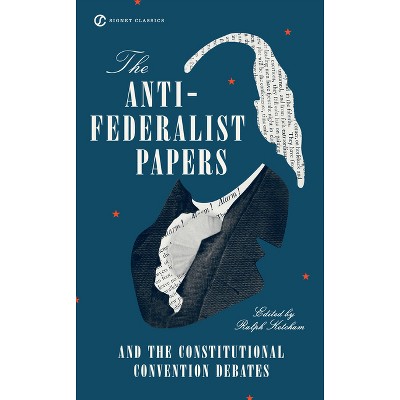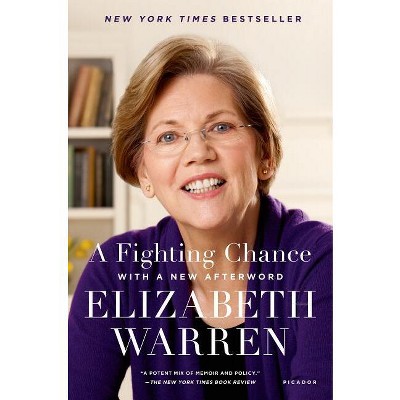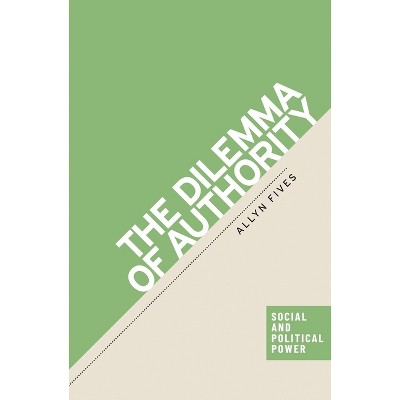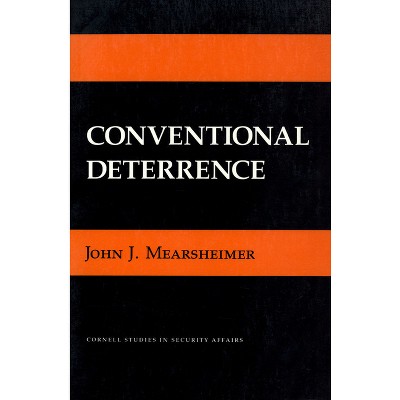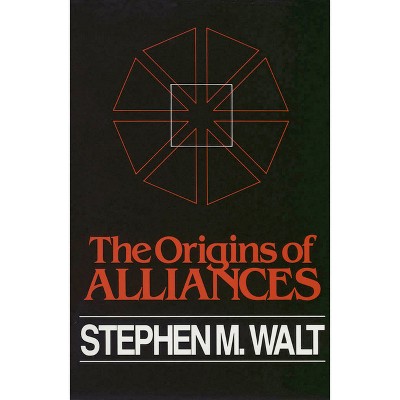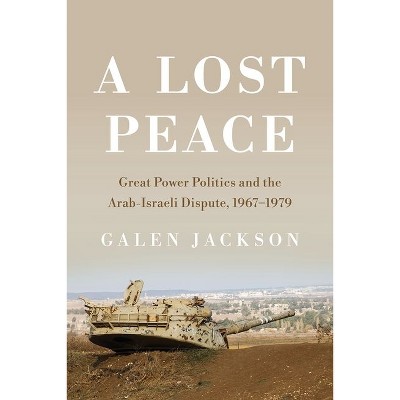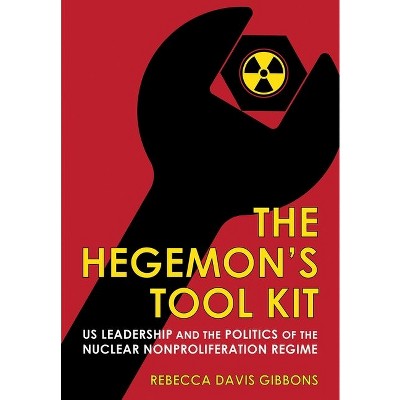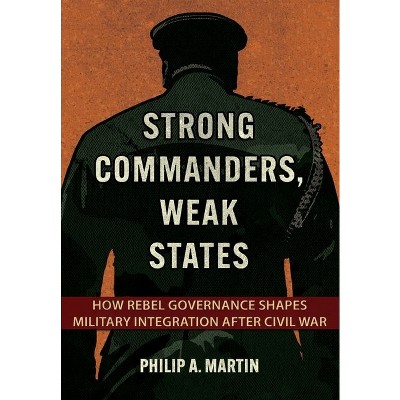Sponsored

Trade in War - (Cornell Studies in Security Affairs) by Mariya Grinberg (Hardcover)
In Stock
Sponsored
About this item
Highlights
- Trade in War is an urgent, insightful study of a puzzling wartime phenomenon: states doing business with their enemies.
- About the Author: Mariya Grinberg is Assistant Professor of Political Science at the Massachusetts Institute of Technology.
- 270 Pages
- Political Science, International Relations
- Series Name: Cornell Studies in Security Affairs
Description
About the Book
"This book explains why states continue economic cooperation while inflicting devastating human and economic costs on each other on the battlefield. It examines wartime commercial policy in the Crimean War (1854-56), World War I, and World War II and the United States wartime commercial policy after the Cold War"--Book Synopsis
Trade in War is an urgent, insightful study of a puzzling wartime phenomenon: states doing business with their enemies.
Trade between belligerents during wartime should not occur. After all, exchanged goods might help enemies secure the upper hand on the battlefield. Yet as history shows, states rarely choose either war or trade. In fact, they frequently engage in both at the same time.
To explain why states trade with their enemies, Mariya Grinberg examines the wartime commercial policies of major powers during the Crimean War, the two World Wars, and several post-1989 wars. She shows that in the face of two competing imperatives--preventing an enemy from increasing its military capabilities, and maintaining its own long-term security through economic exchange--states at war tailor wartime commercial policies around a product's characteristics and war expectations. If a product's conversion time into military capabilities exceeds the war's expected length, then trade in the product can occur, since the product will not have time to affect battlefield outcomes. If a state cannot afford to jeopardize the revenue provided by the traded product, trade in it can also occur.
Grinberg's findings reveal that economic cooperation can thrive even in the most hostile of times--and that interstate conflict might not be as easily deterred by high levels of economic interdependence as is commonly believed. Trade in War compels us to recognize that economic ties between states may be insufficient to stave off war.
About the Author
Mariya Grinberg is Assistant Professor of Political Science at the Massachusetts Institute of Technology.
Shipping details
Return details
Trending Non-Fiction




